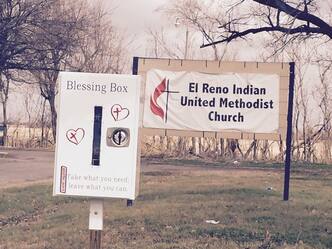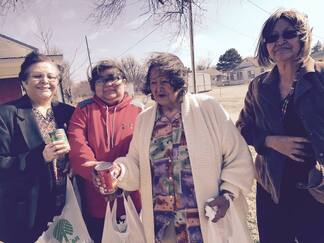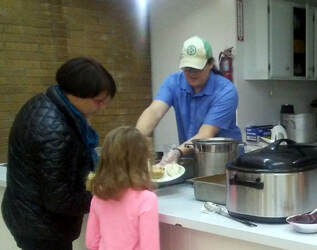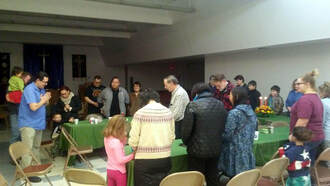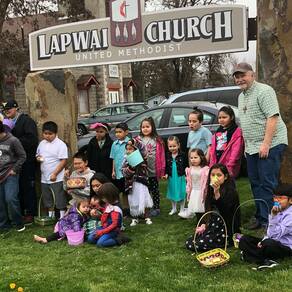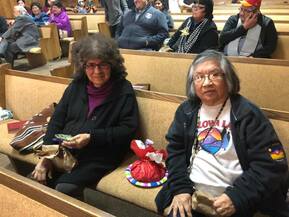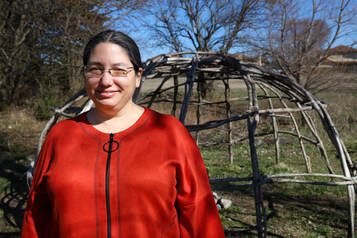 The Rev. Dr. Justine Wilson, of Cherokee and Ojibwe descent, heard the call to ministry when she was very young. In her perception, ministry was for people with gray hair, so she ignored the call. She saw it as something meant for later in life. “I came out of a conservative tradition, and women didn’t do that and were instructed not to do that,” said Wilson. She was a single mom living in Milwaukee, Wisconsin, with a 6-year-old and an infant when she connected with a Native pastor who encouraged her to take the leap into seminary.  Bethany Printup-Davis, a member of the Tuscarora Nation of New York, is taking a road only 63 Native American United Methodist women have ever chosen in the history of The United Methodist Church. The path to ordination within the denomination is a calling she says has been filled with unique challenges forcing her to balance a fine line between cultures. “I really feel the spiritual tension,” said Printup-Davis referencing her Christian existence on her home reservation. She says she grew up attending church on the small reservation where preachers taught Native traditions were not of God. “When Jesus has been presented to us … where we can’t claim ourselves wholly and authentically as Native people and be welcomed, accepted, and supported it’s a real struggle.” She says the first 20 years of her life she had a distaste for the church which caused her to doubt her own self-worth. However, in college it was a United Methodist campus ministry that kept her from giving up. 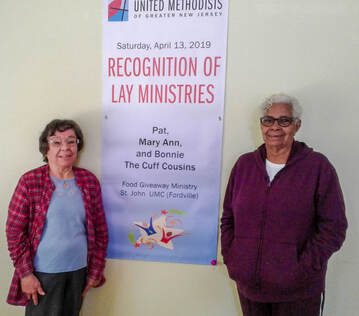 Native American members of St. John United Methodist Church in the Greater New Jersey Annual Conference have adopted a tribal tradition to honor the community they serve. In many tribes, families hold a Give-away ceremony to honor their relatives who have special achievements. Historically, Give-aways have been a way to distribute wealth and to strengthen the community. In that same spirit, St. John’s holds a monthly food Give-away and feeds nearly 70 families, many of whom are tribal members of the Nanticoke Lenni Lenape Tribe. “The church operates under the concept that ‘if I have plenty, so do you because I will share with you,” said Rosa Williams, Greater New Jersey Conference lay leader. The Church is in Cumberland County which has the highest rate of poverty and food insecurity in the state of New Jersey. The Give-away is organized by the Cuff cousins, Pat, Mary Ann, and Bonnie whom are all members of the Nanticoke Lenni Lenape Tribe. They coordinate food and household items which are donated by the Food Bank of New Jersey, Amazon, and other community members. The Cuff cousins recently received the New Jersey Annual Conference Laity ministry award for their service. “The Laity award re-affirms the work and creativity of the people at the local church who are committed to reaching out to the community in Christ’s love,” said Williams. “The Cuff cousins exemplify this through the Give-away ministry.” In addition to hosting a monthly Give-away, the Cuff cousins also prepare 30 baskets at Thanksgiving and Christmas for families in need. St. John was founded in 1841 and became a hiding place for Native Americans after president Andrew Jackson signed the Indian Removal Act, according to church historians. Today, the Nanticoke Lenni Lenape Tribe is very visible in the community and many tribal members attend the church.
|
